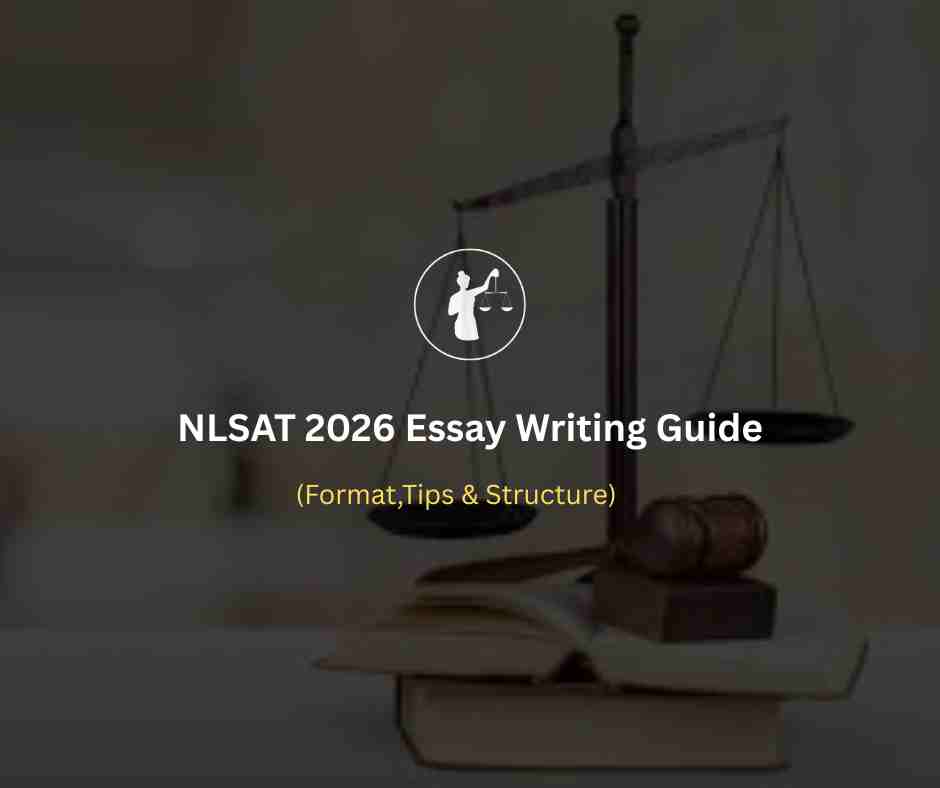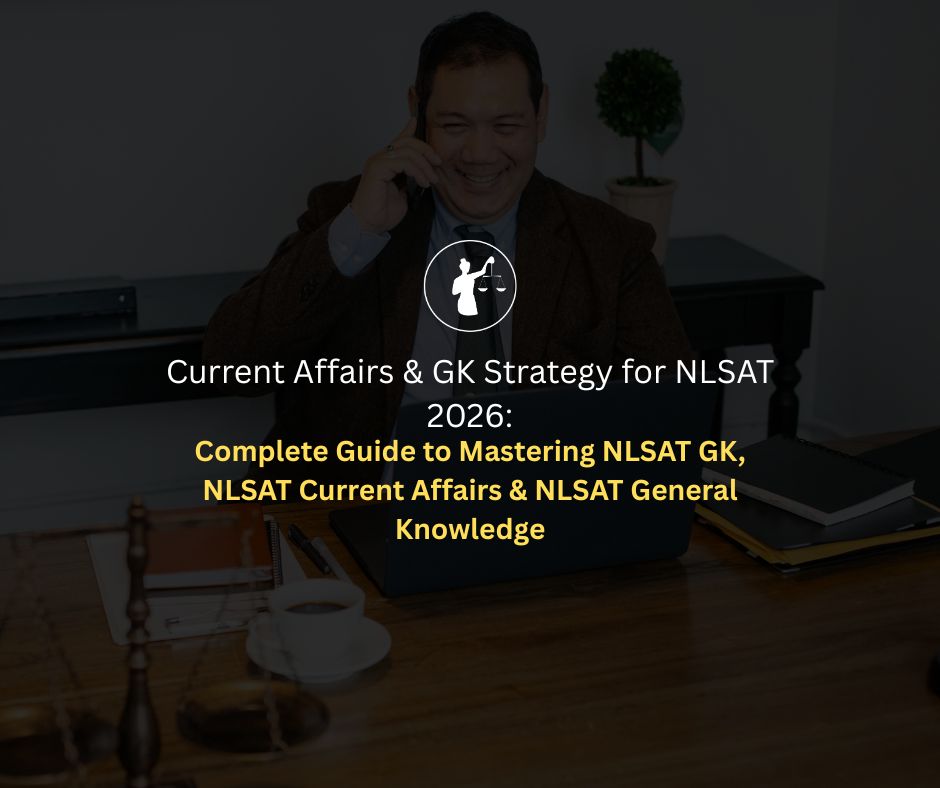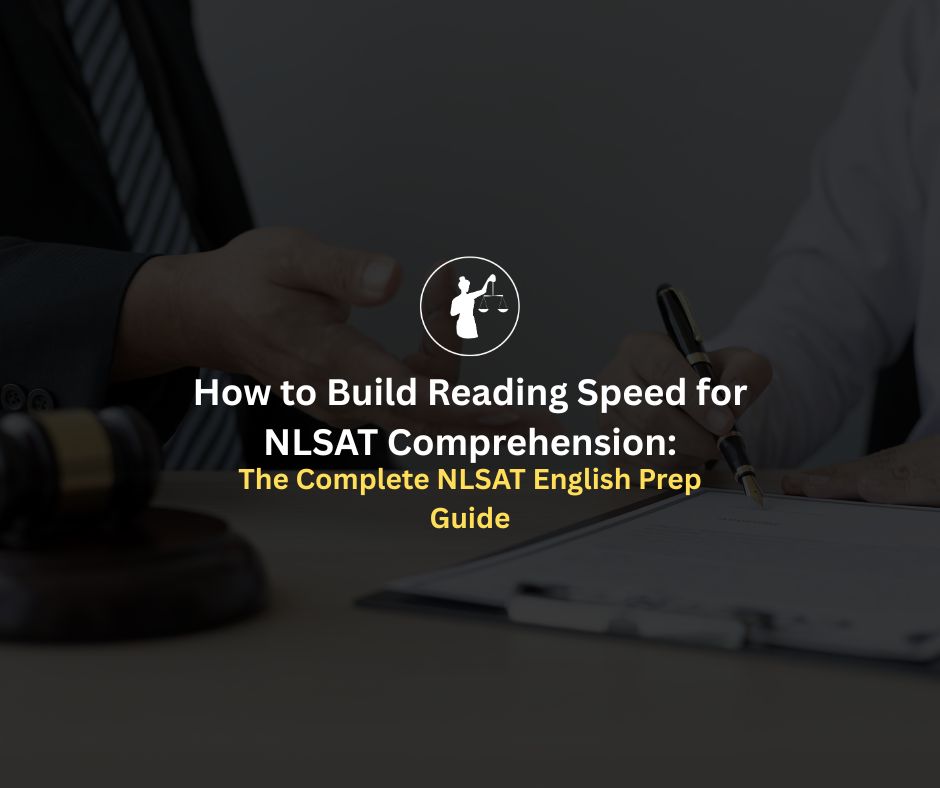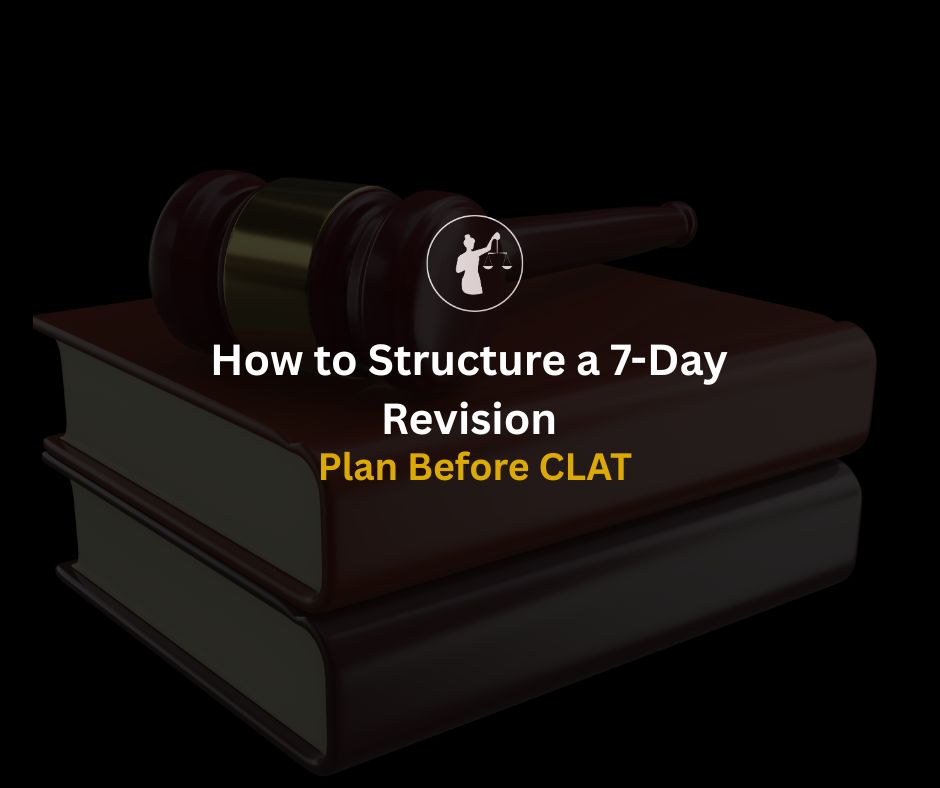
The Analytical Essay in Part B of the NLSAT 2026 is a key differentiator for aspirants targeting admission
into the prestigious 3-Year LL.B. (Hons.) program at National Law School of India University (NLSIU), Bengaluru.
This subjective component tests your ability to write persuasively, argue logically, and express legal and societal insights with clarity and structure.
In this guide, you'll learn the format, structure, expectations, and sample examples to master the NLSAT 2026 essay section.
The NLSAT is divided into two parts:
Essay writing falls under Part B and is worth 15 marks.
You will be asked to write one analytical essay (up to 500 words) on a contemporary legal, political, or societal issue.
Essay Format in NLSAT 2026
Word Limit: 450–500 words
Marks Allotted: 15
Time Suggested: 30 minutes (within 75-minute Part B section)
Topic Type: Open-ended issues related to law, society, politics, or ethics
No legal background required, but critical thinking and structured writing are essential.
Read More: Master Logical Reasoning for NLSAT 2026
A well-structured essay should follow this format:
Introduction (Approx. 60–80 words)
Define the issue
Present the central question
Offer a brief thesis or position
Context/Background (Optional 50–70 words)
Provide historical/legal/societal background
Mention relevant events, debates, or constitutional principles
Main Body (Approx. 300–350 words)
Paragraph 1: Strong argument with example or logic
Paragraph 2: Supporting argument or a second angle
Paragraph 3: Address opposing views (with rebuttal if applicable)
Conclusion (Approx. 50–70 words)
Reinforce your position
Suggest a balanced way forward
End with a thought-provoking closing statement
Read More:Top NLSAT Resources: NLTI Textbook & Modules Guide
Here are some likely essay themes based on past trends and NLSAT focus areas:
"Should the death penalty be abolished in India?"
"Right to Privacy vs. National Security: Where should the line be drawn?"
"Uniform Civil Code: A step toward equality or forced uniformity?"
"Social Media and Freedom of Speech: Boon or Bane?"
"Judicial activism and democracy: A necessary check?"
How to Master Essay Writing for NLSAT 2026
Consistent, deliberate practice is key to writing impactful essays. Here’s how to structure your preparation:
Weekly Writing Goals
Write 1 full essay every week from Month 2 of your preparation
Increase to 2–3 essays per week in the final 2 months
Alternate between legal, political, and current affairs topics
Peer & Mentor Feedback Join NLSAT oriented peer groups or online platforms like NLTI
Request structured feedback based on clarity, argument strength, and structure
Revise essays based on critiques to refine your expression
Timed Practice Use 30-minute timers to simulate exam pressure
Practice writing clear introductions and conclusions quickly
Build endurance for handwritten exams (since NLSAT is offline)
Topic Bank Creation Maintain a notebook or document with 30+ essay-worthy topics
Categorize topics under Law, Politics, Society, and Ethics
Note down 3–5 key points, examples, or references for each topic
Essay Rubric Self-Evaluation
Score your essays using a 5-point scale for each of these:
Clarity of argument (0–5)
Structure and flow (0–5)
Depth of analysis (0–5)
Grammar and expression (0–5)
Relevance and examples (0–5)
Aim for a minimum score of 20/25 before moving to new essay themes.
Model Essays & Benchmarking Read high quality essays from editorials (e.g. The Hindu, Indian Express)
Analyze how arguments are framed and evidence is introduced
Mirror these styles in your own writing
Clear and structured intro-body-conclusion
Relevant examples or facts used
At least one counterargument included
Word count within 450–500
No spelling or grammar errors
Argument is logical, not emotional
Demonstrates awareness of law/society without jargon
Read More: NLSAT 2026 English Key Comprehension Topics & Tools
The essay section of NLSAT 2026 is not just a test of writing it’s a test of reasoning, empathy, and perspective.
Whether you're from a law, science, or humanities background, your success hinges on your ability to articulate
arguments clearly, logically, and persuasively.
With structured preparation, current affairs awareness, and regular practice, you can turn this section
into your strength and stand out to the NLSIU evaluators.





